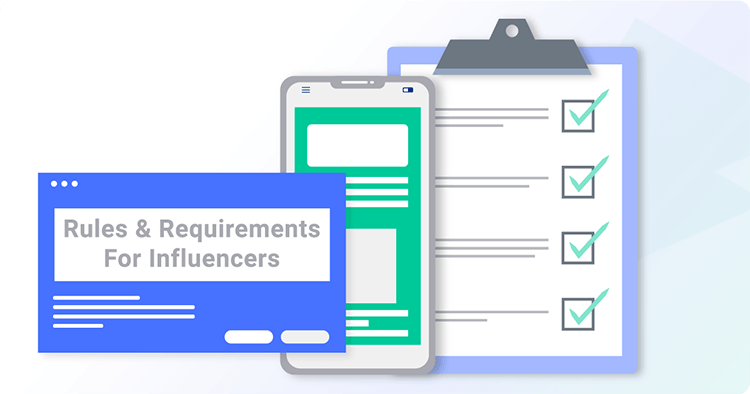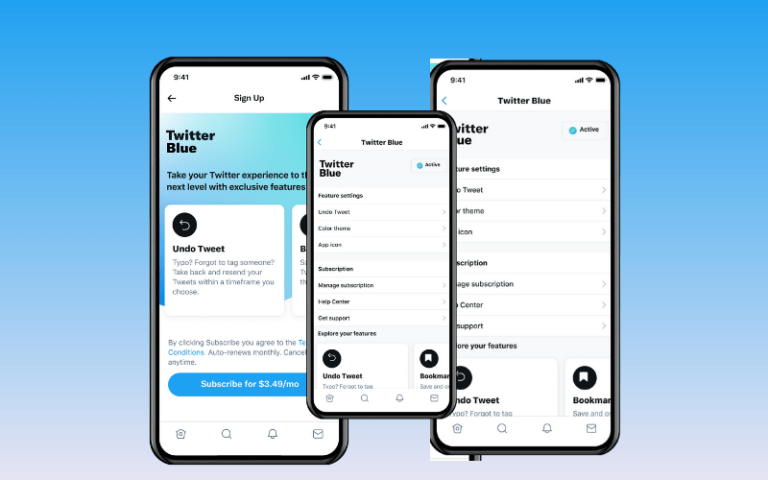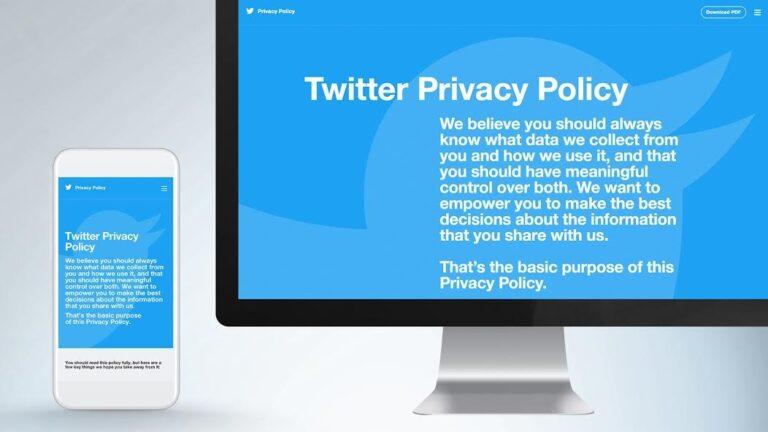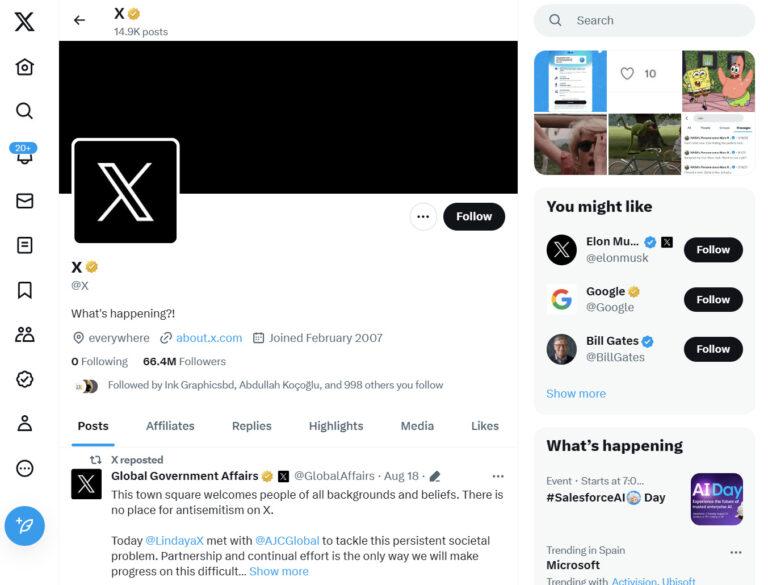As influencer marketing has exploded on Twitter, there is increasing scrutiny around compliance with advertising disclosure rules, data privacy, rules and regulations for influencers, and platform policies.
This comprehensive guide examines FTC endorsement guidelines, GDPR, CCPA, CAN-SPAM, and Twitter’s terms for influencers to ensure lawful and ethical marketing practices.
Table of Contents
Why Twitter Influencer Rules Matter
With significant influence comes great responsibility. As social media influencers have become powerful voices shaping their followers’ opinions and purchase decisions, regulators have stepped in to protect consumers through mandatory disclosure rules and data protection laws.
Neglecting compliance can lead to FTC fines of up to $43,792 per violation, account suspensions by Twitter, and damage to an influencer’s reputation. Beyond legal penalties, lack of transparency erodes audience trust.
This guide aims to educate influencers on navigating core regulations and platform policies governing paid brand partnerships on Twitter. Mastering disclosure best practices should be part of every influencer’s brand kit.
FTC Endorsement Guidelines for Influencers
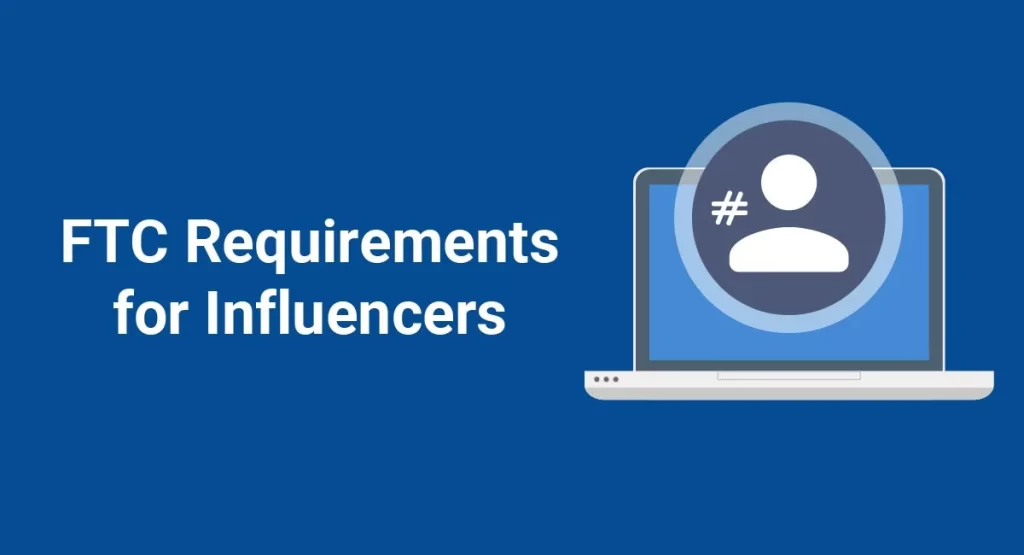
The F Federal Trade Commission (FTC) holds influencers to the same truth-in-advertising standards as brands when promoting products through paid endorsements across social media, including Twitter.
Here are the key FTC rules Twitter influencers must follow:
Clear Disclosures are Mandatory
Every paid or gifted endorsement deal must include clear disclosures like #Ad or “Paid partnership with [Brand]”. General terms like #Sponsored or #Thanks are also acceptable. This alerts audiences to the commercial relationship.
Disclosures Must be Noticeable
Place disclosures in a position that is easy to notice and not buried in a sea of hashtags or links. Leading the caption copy is ideal. Disclosures in just bios or tweets are insufficient.
Disclose Material Connections
Suppose the brand provided you with any compensation or free product through an endorsement deal. In that case, that material connection must be disclosed even without payment. Disclose relationships clearly.
Disclose Both Paid and Gifted Content
FTC rules apply equally for both paid endorsements and gifted products/experiences. Having received a complimentary product obligates disclosure of the material connection.
Monitor and Remove Misleading Claims
Per FTC guidelines, avoid making misleading or exaggerated claims about a product’s performance or attributes. If followers raise complaints, remedy them promptly.
Failing to abide by these FTC endorsement guidelines could make influencers liable for financial penalties and lawsuits. Beyond legal risks, ambiguous sponsorships also raise ethical concerns around transparency and erode audience trust.
The FTC regularly issues updated guidance for social media influencers. So, staying current on the latest policies is key. When in doubt, over-disclose sponsorships. Next, let’s explore relevant data privacy regulations.
Data Privacy Regulations
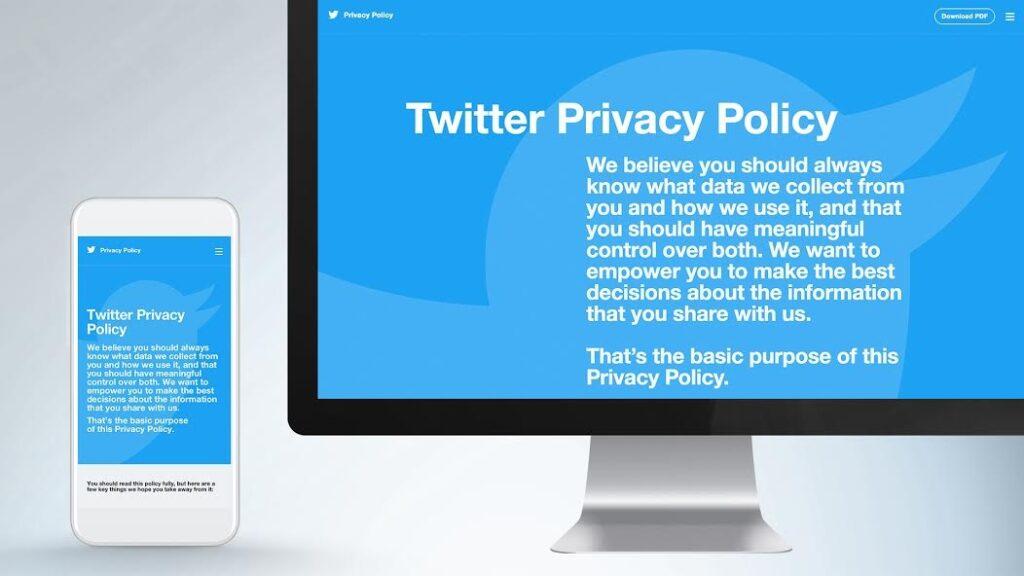
Influencers must also ensure their marketing practices comply with data privacy laws to protect their audience’s personal information and rights. Here are two key regulations:
CCPA (California Consumer Privacy Act)
CCPA gives California residents certain rights over the collection and use of their personal data, such as:
- Right to know: What data an influencer/brand collects and how it is used.
- Right to delete: Option to request deletion of personal data.
- Right to opt-out: Opting out of data sales to third parties.
- Limit uses: Restrict the use of sensitive private data like location, biometrics, etc.
Influencers marketing to a California audience must honour CCPA data rights. Clearly, communicating privacy policies is key.
GDPR (General Data Protection Regulation)
GDPR governs data protection for EU residents with requirements like:
- Consent: Must obtain explicit opt-in consent to process personal data for specific purposes.
- Access: Users can request access to view their personal data being stored.
- Portability: Option to obtain and transfer collected personal data.
- Security: Mandate to implement reasonable data security safeguards.
Influencers need consent to leverage data like emails, locations, etc. Fines for GDPR non-compliance are up to €20 million or 4% of global revenue.
Compliance with data regulations maintains audience trust and protects businesses from stiff penalties. Let’s explore anti-spam laws next.
Also read: Understanding Twitter Privacy Settings
Anti-Spam Regulations for Influencers
Aggressive email and DM marketing by influencers also risks violating anti-spam regulations. Two fundamental laws are:
CAN-SPAM Act
The CAN-SPAM Act prohibits false or deceptive online marketing and establishes rules for commercial emails, including:
- Opt-out: Simple unsubscribe option in emails.
- Sender details: Contact details like address must be included.
- Subject line: Cannot mislead recipients on the contents or subject matter.
Fines can be as high as $43,792 per violation for non-compliance. Ensure lawful influencer email practices.
CASL (Canada’s Anti-Spam Legislation)
CASL similarly restricts unwanted commercial electronic messages. Key provisions:
- Opt-in consent: Voluntary, explicit consent is required before sending emails/DMs.
- Unsubscribe option: Notice to unsubscribe must be clearly visible.
- Identification: Sender name/contact info must be included.
Maximum CASL violation fines are CAD 10 million for individuals and CAD 100 million for businesses.
With email and social media being key channels for influencers, following anti-spam regulations is crucial. Let’s look next at Twitter platform policies.
Twitter Platform Policies for Influencers

Beyond complying with laws, influencers must adhere to Twitter platform rules, which prohibit the following:
- Spam: Mass tweeting unsolicited content is not allowed. There are monthly limits.
- Fake accounts: Creating imaginary personas or bot accounts is banned.
- Misleading practices: Using Twitter to deceive people is prohibited.
- Hateful conduct: Promoting violence, attacks, or threats towards protected groups is banned.
- Illegal content: Posting or linking to illegal content is prohibited.
- Copyright violations: Tweeting content you don’t have rights to use will lead to DMCA takedowns.
- Impersonation: Pretending to be someone else violates Twitter’s rules.
- Private Information: Sharing people’s private information, like phone numbers, without consent is restricted.
- Manipulating tweets/metrics: Using multiple accounts or services to artificially boost engagement is prohibited.
Violating any of these platform policies can lead to permanent account suspension. So thoroughly read Twitter’s rules and regularly audit your account practices.
Next, we’ll explore some best practices for influencers to stay compliant.
Compliance Best Practices for Influencers
Here are some top tips for influencers to remain compliant with regulations and platform policies:
- Closely review FTC endorsement guidelines and stay up-to-date on revisions. Over-disclose sponsorships.
- Read and understand data regulations like CCPA and GDPR. Operate an opt-in policy continuously.
- Never purchase fake followers or engagement as it violates platform policies. Focus on nurturing genuine communities.
- **Avoid making dubious claims about brands that you cannot substantiate. Stick to opinions based on actual experience.
- Audit past posts and remove any undisclosed paid partnerships. Come clean to rebuild audience trust.
- Keep a simple opt-out link in website/profile bios so followers can easily unsubscribe. Respect opt-out requests promptly.
- Review platform terms regularly and ensure you understand emerging policies around influencer marketing ethics.
- Consult a legal professional if you ever feel an activation concept or campaign creative crosses lines. Play it safe.
The foundations of compliance are transparency, integrity and respect for your audience. Invest time to nurture an authentic community built on trust.
Let’s look at some real-world examples of brands and influencers getting in trouble with regulators in recent years.
Influencer Compliance Case Studies
Here are some instructive examples highlighting the importance of legal and ethical compliance for influencers on Twitter and other social platforms:
1. Lord & Taylor FTC Settlement
In 2016, department store Lord & Taylor settled FTC charges for paying influencers to post Instagram photos of themselves wearing a dress without disclosing it as a paid ad. The non-transparent sponsorship violated FTC endorsement guidelines.
2. GrubHub Impersonation Controversy
In 2019, food delivery app GrubHub was embroiled in controversy when documents revealed they created thousands of fake restaurant websites without owners’ consent. GrubHub had to pay $18 million in settlements for the deceptive marketing.
3. Instagrammerochromatica GDPR Breach
Fashion influencer Amelia Liana had her Instagram shut down, losing 500K followers after she illegally scraped user emails to build marketing lists without consent, violating GDPR.
4. Celeb-Sponsored Post ASA Rulings
The UK’s Advertising Standards Authority frequently reprimands celebrities like Rita Ora and Alexa Chung for promoting brands on Instagram without proper #Ad labelling as required under their policies.
As these examples demonstrate, disregarding key regulations exposes influencers to substantial compliance risks and community backlash. Influencers should play a leadership role in championing transparency and integrity.
In summary, this guide covered the vital regulations, platform policies, and best practices governing ethical influencer marketing on Twitter. Mastering mandatory #Ad disclosures, respecting audience data privacy, avoiding spam tactics, and embodying brand values protect your reputation. Prioritize building trust and nurturing real community growth.

